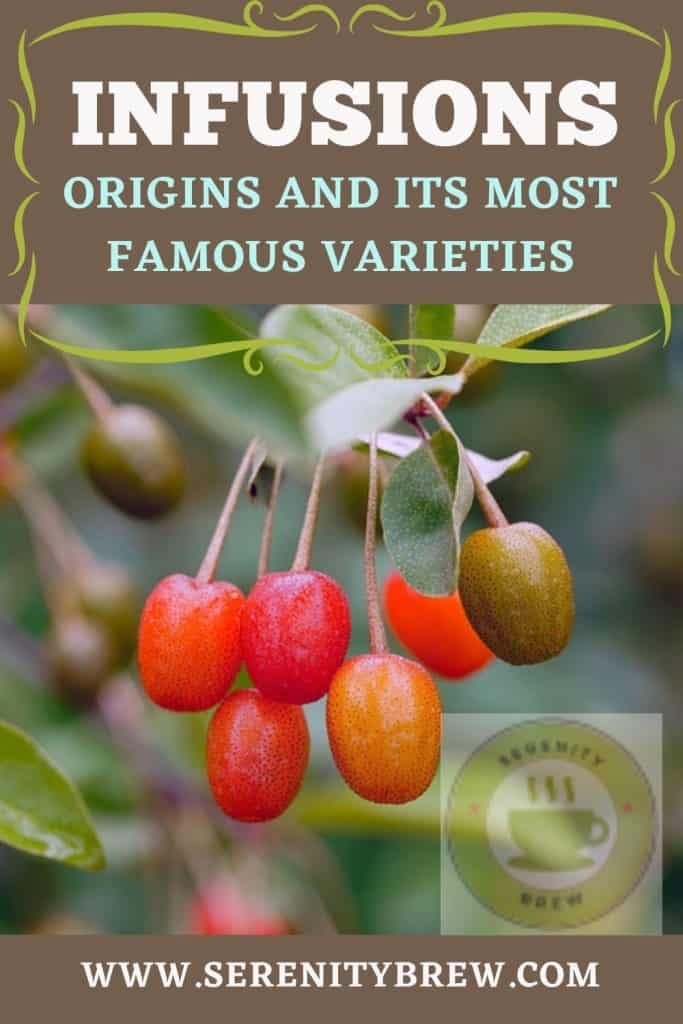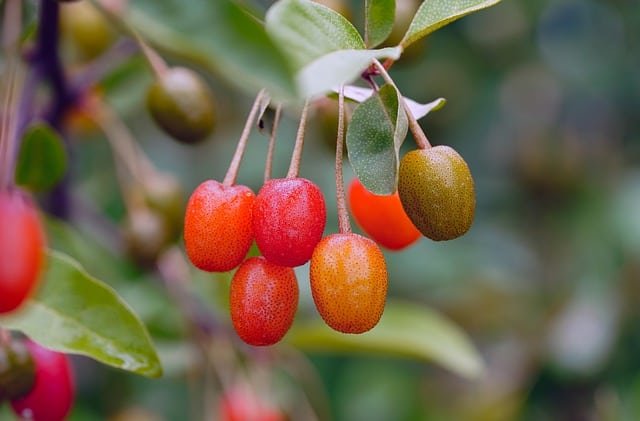
What are infusions ?
Infusions are one of the most important beverages in the world. Since ancient times, the practice of preparing drinks with herbs, through the action of heat to extract their active ingredients, was a way of enjoying a fine drink, while helping the body to recover and protect itself from cold winter or intense heat.
There are multiple properties of these drinks that acquire a special connotation in modern times, as a magnificent resource to favor our body and rid it of numerous diseases.
Due to its relaxing, antioxidant and restorative properties, in addition to its pleasant flavor and comforting aroma, it is a highly valued food that allows it to occupy a prominent place at the family table.
Where did the infusions originate?
After water and coffee, tea is the most popular drink in the world. It seems that the first uses of tea leaves as a drink date back to 500 BC, when in China they were used as a medicinal drink. However, there are different legends as to how this usage came to be.
According to a Chinese legend, the discovery of tea leaves as a drink is attributed to Emperor Shen Nung. Under his mandate, all water intended for human consumption had to be boiled before it.
One day, while he was resting in the shade of a wild tea tree and waiting for his water to boil, some tea leaves fell into it and the infusion began. The aroma made the emperor notice it and decided to take it.
The Japanese legend once again has Bodhi-Dharma as the protagonist, but with a different story: he had already been traveling for three years when the monk had a somewhat spicy dream with all the women he had been with. Embarrassed, he made a promise not to sleep again as a remedy to never dream anything similar again.
However, after a while, sleep and fatigue were taking over him and made it very difficult for him to keep his promise, until on his journey he came across a bush from which he decided to chew some leaves. In doing so, he noticed how his body was beginning to wake up and he managed to keep his eyes open and thus fulfill his promise.
As you can see, all these legends have one factor in common: chance when it came to discovering tea as an infusion. What does seem to be clear is that tea was already consumed in China in the 27th century BC and at the time of the Six Dynasties (589-222 BC) its use as a medicinal herb began to expand.
Later, maritime trade between continents did the rest and tea gradually became popular all over the world, especially for its medicinal uses.
What are the most famous varieties?

- Chamomile.
It is widely used to treat mild digestive disorders, indigestion, colic, diarrhea or gastritis. It is also used for eye irritations or inflammations and is used for respiratory conditions such as asthma, coughs or colds . Treat acne and clean superficial wounds.
- Mint
It has antiseptic, antispasmodic and digestive properties. Reduces flatulence, repels insects, maintains good breath and is used for colds and coughs.
- Linden
The medicinal part of the linden is in the fruits and flowers. It is sedative and is used as a tranquilizer for the nervous system. It improves digestion and helps to sleep better. It can be used to reduce arterial problems, colic and menstrual pain.
- Valerian
It is very similar to linden in terms of its sedative and relaxing properties. It is necessary to be careful with the amount that is consumed because it can cause excessive sedation in the nervous system, lower blood pressure and slow circulation.
- Rosemary
It has healing properties for the nervous system, strengthens memory and improves blood circulation.
The therapeutic use of herbs has been known since time immemorial.
In countless Chinese documents and Egyptian papyri, in Arab medical treatises from the Middle Ages, and in the manuscripts of medieval monks and friars. With the birth of modern medicine, plant remedies and infused herbal teas were replaced, although those properties of plants continue to be used as active compounds, whether they are classified as medicinal or not, as well as to develop medicines. The truth is that a herbal tea or infusion with hot water transmits peace, harmony and serenity to us to face a new day, to relax when we go to bed, to facilitate good digestion, to help us with its freshness in a cold… etc., savoring in a immediately the active principle of it, which will help us at all times to feel naturally good.
